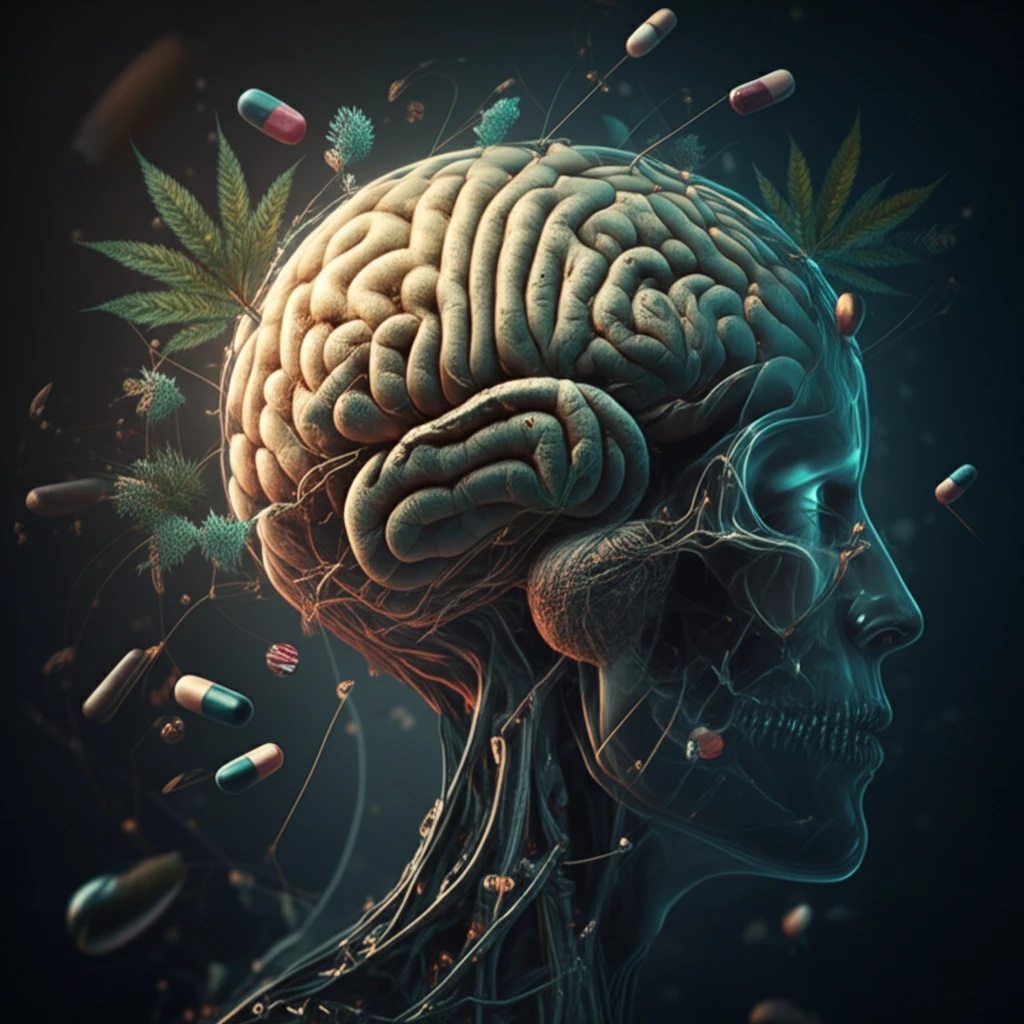
Unlocking Memory: How Cannabinoid Receptors Influence Morphine and Cognitive States
"Exploring the critical role of CB1 receptors in the brain and their impact on state-dependent memory and drug interactions."
The brain's medial prefrontal cortex (mPFC) is central to cognitive functions, especially memory. The mPFC ensures that our memories are accurately formed and recalled. Researchers are increasingly focused on how the endocannabinoid system, a key player in brain signaling, influences these memory processes through CB1 receptors.
The endocannabinoid system, which operates through CB1 receptors, modulates how memories are created and stored. The complex interactions within this system offer potential targets for therapeutic interventions aimed at enhancing or protecting memory functions.
Recent studies have explored the connections between opioid use and cognitive impairment, particularly how substances like morphine affect memory. These studies suggest that drug interactions can create unique 'state-dependent' memory effects, where recall is tied to specific physiological conditions present during memory formation.
Cannabinoid Receptors and Memory: What the Study Reveals

A recent study investigated the role of CB1 receptors in the mPFC, focusing on how these receptors affect memory when morphine and dextromethorphan (DXM) are combined. The research used male Wistar rats to examine how these substances interact to influence memory and associated brain signals.
- Morphine impairs memory, reducing BDNF and cFOS protein levels.
- Dextromethorphan (DXM) can reverse morphine-induced memory loss.
- CB1 receptors in the mPFC play a critical role in these drug interactions.
- ACPA inhibits cross-SDM morphine & DXM.
Implications and Future Directions
This research highlights the intricate role of CB1 receptors in modulating drug-related memory effects and opens new avenues for understanding substance use and cognitive impairment. Further studies are needed to explore the therapeutic potential of targeting these receptors to mitigate the cognitive side effects of medications and to develop strategies for managing drug dependencies. By understanding the complex interplay between different brain systems, we can develop more effective treatments for memory-related disorders.
